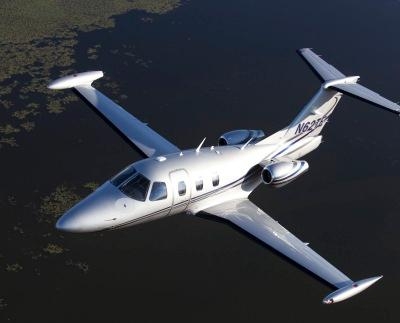Fri, Feb 14, 2014
Advertisement
More News
 ANN's Daily Aero-Linx (04.30.25)
ANN's Daily Aero-Linx (04.30.25)
Aero Linx: Aviators Code Initiative (ACI) Innovative tools advancing aviation safety and offering a vision of excellence for aviators. The ACI materials are for use by aviation pra>[...]
 ANN FAQ: Turn On Post Notifications
ANN FAQ: Turn On Post Notifications
Make Sure You NEVER Miss A New Story From Aero-News Network Do you ever feel like you never see posts from a certain person or page on Facebook or Instagram? Here’s how you c>[...]
 Classic Aero-TV: Agile Aeros Jeff Greason--Disruptive Aerospace Innovations
Classic Aero-TV: Agile Aeros Jeff Greason--Disruptive Aerospace Innovations
From 2016 (YouTube Edition): Who You Gonna Call When You Have a Rocket Engine that Needs a Spacecraft? While at EAA AirVenture 2016, ANN CEO and Editor-In-Chief, Jim Campbell, sat >[...]
 Aero-News: Quote of the Day (04.30.25)
Aero-News: Quote of the Day (04.30.25)
"In my opinion, if this isn't an excessive fine, I don't know what is... The odds are good that we're gonna be seeking review in the United States Supreme Court. So we gotta muster>[...]
 ANN's Daily Aero-Term (04.30.25): Expedite
ANN's Daily Aero-Term (04.30.25): Expedite
Expedite Used by ATC when prompt compliance is required to avoid the development of an imminent situation. Expedite climb/descent normally indicates to a pilot that the approximate>[...]
blog comments powered by Disqus




